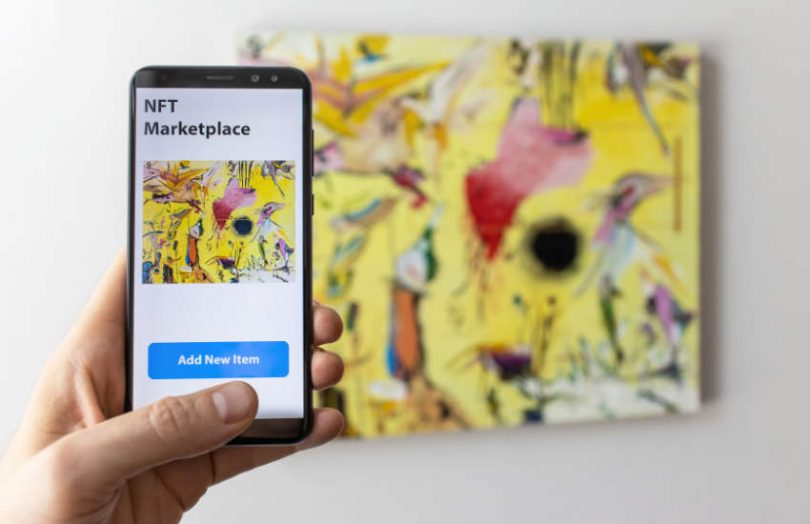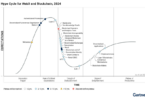Non-fungible token (NFT) platform Cent has halted most digital assets transactions on its marketplace amid growing concerns about fraud and counterfeit in the industry. The company said it’s currently exploring solutions to the issues, but it is unclear when it will return to business as usual.
Cent is the company behind the $2.9 million dollar sale of the NFT of the Twitter CEO’s first ever tweet. It has a marketplace designed for the sale of tweets as digital collectibles called “Valuables” which is still operating. However, its primary NFT marketplace where people mint and sell art, music and photography has stopped sales, although users can still mint NFTs.
Wrongdoings in the NFT industry are not news. Initially, digital assets were touted for their transparency and traceability associated with blockchain. Still, consumers and producers alike quickly realized that the technology can be exploited for unethical and even illegal profit.
Cent’s CEO Cameron Hejazi has three main concerns, according to Reuters. These are that people are selling unauthorized copies of other NFTs, minting intellectual property that they do not own, and selling sets of NFTs that resemble a security. NFTs aren’t usually regarded as securities, but in the U.S. they can be if people can buy fractions of an NFT or it’s sold in a set, like an NFT fund.
Legal matters aside, these developments threaten the NFT industry because they highlight flaws in the very basis on which the industry was founded – that NFTs are unique, scarce and uncopyable. While blockchain is touted as a source of “truth”, it needs some process to ensure what’s stored on the blockchain is legitimate in the first place.
One reason why these challenges are so hard to tackle is that the digital asset industry is still very young. In the early days of YouTube, there was a massive backlash from music studios over pirated music. Now there’s a process for rights holders to claim the content and they can issue a copyright takedown or monetize it by inserting ads.
But for now, Cent’s reluctance is that people are not only uploading and minting but also selling and profiting from the ripped-off content.
Blurred lines
While Cent’s primary concern is outright digital theft, sometimes the line between what is legal and what is not is perceived by some as blurry.
For example, luxury brand Hermes which owns the Birkin brand, is suing the creator of MetaBirkins, a platform that mints handbags as NFTs. Some may see this as a straight intellectual property infringement, but the MetaBirkins creator is willing to fight. In an open letter to the company, the artist behind the digital bags stated that “the First Amendment gives me every right to create art based on my interpretations of the world around me”. It remains to be seen whether the courts agree.
Last year Batman and Wonder Woman owner DC Comics faced troubles when a comic artist that had previously done work for the firm made millions by selling art as NFTs based on the company’s characters.
While these examples involve brands taking action, the intellectual property owner is frequently just an artist who doesn’t have the time or resources to take legal action.
Hence Cent has been trying to tackle accounts selling plagiarized or fake NFTs, but it has been unsuccessful at addressing the underlying issue.
A potential short-term measure is the introduction of centralized controls. This may anger blockchain enthusiasts who find the decentralized aspect of the technology revolutionary, but it might be a necessary step to get things under control. Otherwise, the issue threatens the sustainable growth of the industry.
Meanwhile, the big NFT marketplace OpenSea has noted that 80% of the NFTs minted on the platform are plagiarized NFTs or fake collections. The company attempted to address the problem by putting a limit on how many NFTs each account could mint for free, but it reversed the decision in less than 24 hours amid backlash from users. It also recently investigated an insider trading case.






